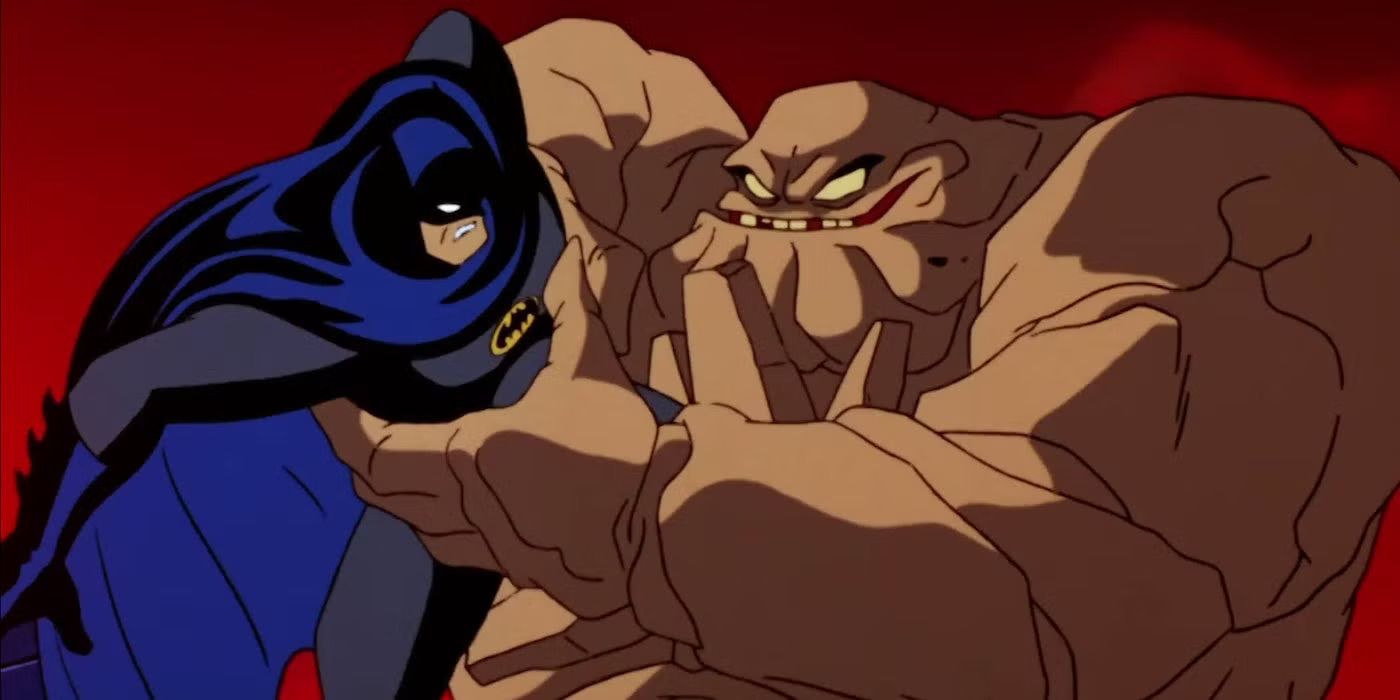Williams himself is given a similarly whiplash-inducing treatment, with the film hovering between hero worship (it’s too enamored with slow-motion shots of him ruggedly walking, or trudging, and futzing around in his workshop, blowtorching and hammering things) and a more detached, critical eye. However, it eventually settles into an observant, kind-yet-unmerciful groove, probably where it should have settled from the beginning. Williams’ two exes and daughter are empathetic but unsparing in their assessment of his faults as a mate and parent, and his colleagues paint a picture of a genius who indeed did have problems fitting into bureaucratic structures but made things worse for himself by being a raging asshole who couldn’t accept decisions that went against his impulses.
The film’s final act is so bleak and insightful that it retroactively elevates what might otherwise have felt like an unnecessarily prolonged DVD extra built around a compelling but borderline insufferable screen character who, by his own admission, lacks self-control and the ability to learn from his mistakes. The most blistering assessment comes from Williams himself, who at the time of filming had been to rehab three times (there’s no coda indicating whether his third time stuck) and is shown stumbling drunkenly around his house and workshop, muttering to himself. Some of this footage is so painful that it borders on too much, though it feels instructive because of Williams’ reckoning with his weaknesses and missteps.
Williams videotaped himself and his family life quite often throughout the years, and it’s incredible how unflattering a lot of the culled footage is to the man who captured it—just as damning, really, as the footage the director got of Williams immolating himself on camera, beer can in hand, pontificating and cursing and bumping into things. “I’m always the f**kin’ same. Always,” he obliviously brags during an interview that, moments earlier, had been at least somewhat honest about the impact of his drinking and bullying, showboating behavior on his relationships and career. “Why, why, why are you loaded so much?” his second ex-wife, animator Ellen Schade, yells at him through a speaker phone in home video footage taken during the early aughts. “I f**king blew it,” Williams slurs later as he unsteadily tries to step into a shower stall. Later he confesses, “I’ve never been an adult.”
That, ironically, is what made Williams’ mentality and unique skill set so perfect for a blockbuster era that turned the art of replicating childlike awe into a business model. They refined it a little bit more with each decade until theaters had little space left for movies that might have something to offer viewers who were indeed adults, and wanted to watch other adults in stories about hard choices with no easy outcomes.
Now playing in theaters and available on VOD.
You can view the original article HERE.





























